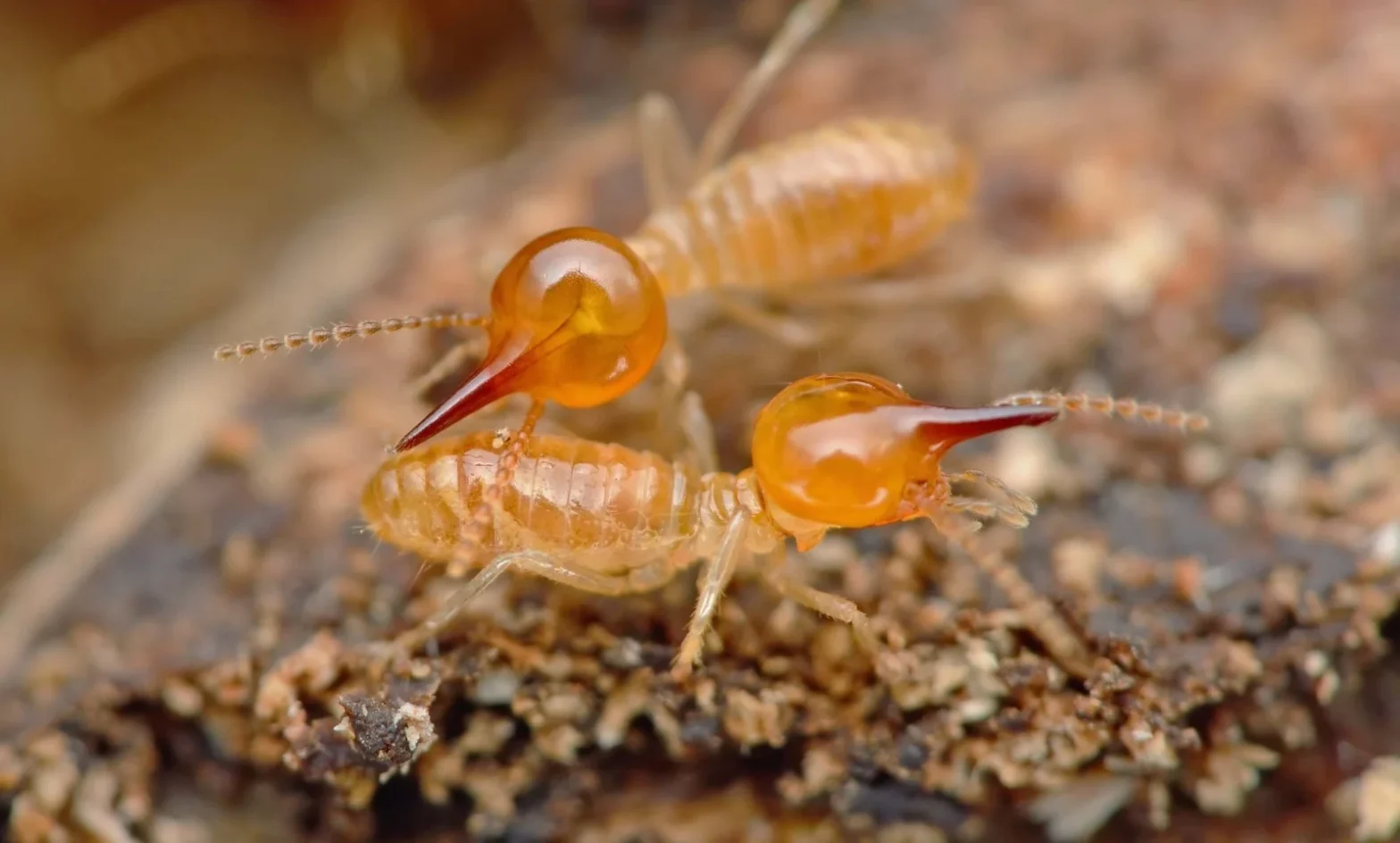Termites (Isoptera: Termitidae) are small, eusocial insects that makeup 10% of all animal biomass.
Understandably, people want to prevent termites from invading their homes.
Termites are the most prevalent arthropod decomposers, and their contributions to the global carbon cycle, decomposition, and mineralization of nutrient-rich cellulose have a tremendous ecological influence on both agricultural and non-agricultural ecosystems.
Termite tunneling, among other things, increases soil fertility, nutrient availability, and water infiltration. Despite their advantages, they frequently cause huge losses to civilization by destroying anything that contains cellulose, including literature, stored timbers, wooden constructions, buildings, stored food products, crops, and standing trees.
Termites are providing a problem for farmers since crucial field crops including sugarcane, cotton, and wheat are susceptible to termites.

Tobacco, cereals, vegetables, fruits, oilseeds, and other agricultural goods are some of the most common.
Termites are a major problem in the construction business. They can lead to huge financial losses. A construction project could potentially derail if it is not managed properly. Termites are thought to cause a global economic loss of more than $40 billion per year. They cause both direct and indirect plant mortality by devouring the bark and underlying tissue of agricultural and horticultural crops.

Termite control strategies (such as cultural, biological, botanical, and chemical treatments) have made tremendous success across the world, but long-term and integrated termite management remain a key concern.
They’re constantly tucked away in galleries or mounds, and getting to their dwellings is difficult.
Termites pose a significant threat to China’s agriculture. They destroy crops, plantations, and forests from planting to harvesting, and early diagnosis of damage signs is difficult. Their presence in a region can cause significant issues by infesting field and storage crops as well as destroying lignocellulosic material. Termites have attacked rice, wheat, corn, sorghum, millet, sugarcane, cotton, and a range of trees including camphor, Chinese chestnut, eucalyptus, and palm, leading to significant output losses in tropical and sub-tropical nations. Termite issues are one of the most serious Pest Problem today.

The climate is humid, and the soil on agricultural land is typically acidic. Low pH soil and high relative humidity conditions have been reported to encourage termite growth. The majority of Chinese farmers irrigate their crops with water from canals, rivers, or reservoirs. Inside dams and reservoirs, termites create nests and tunnels, causing them to leak and collapse. This is why more than 90% of the dams and reservoirs in southern China have been destroyed.


Leave a Reply